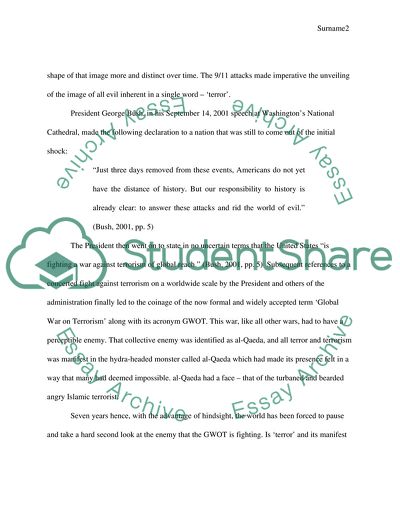Cite this document
(Orientalist Mindset as the Gravest Threat to Sovereignty Coursework, n.d.)
Orientalist Mindset as the Gravest Threat to Sovereignty Coursework. https://studentshare.org/politics/1716753-orientalist-mindset-is-the-gravest-threat-to-sovereignty-and-international-order-explain-and-suggest-in-depth-understanding-and-evidence-fully-from-security-a
Orientalist Mindset as the Gravest Threat to Sovereignty Coursework. https://studentshare.org/politics/1716753-orientalist-mindset-is-the-gravest-threat-to-sovereignty-and-international-order-explain-and-suggest-in-depth-understanding-and-evidence-fully-from-security-a
(Orientalist Mindset As the Gravest Threat to Sovereignty Coursework)
Orientalist Mindset As the Gravest Threat to Sovereignty Coursework. https://studentshare.org/politics/1716753-orientalist-mindset-is-the-gravest-threat-to-sovereignty-and-international-order-explain-and-suggest-in-depth-understanding-and-evidence-fully-from-security-a.
Orientalist Mindset As the Gravest Threat to Sovereignty Coursework. https://studentshare.org/politics/1716753-orientalist-mindset-is-the-gravest-threat-to-sovereignty-and-international-order-explain-and-suggest-in-depth-understanding-and-evidence-fully-from-security-a.
“Orientalist Mindset As the Gravest Threat to Sovereignty Coursework”. https://studentshare.org/politics/1716753-orientalist-mindset-is-the-gravest-threat-to-sovereignty-and-international-order-explain-and-suggest-in-depth-understanding-and-evidence-fully-from-security-a.


